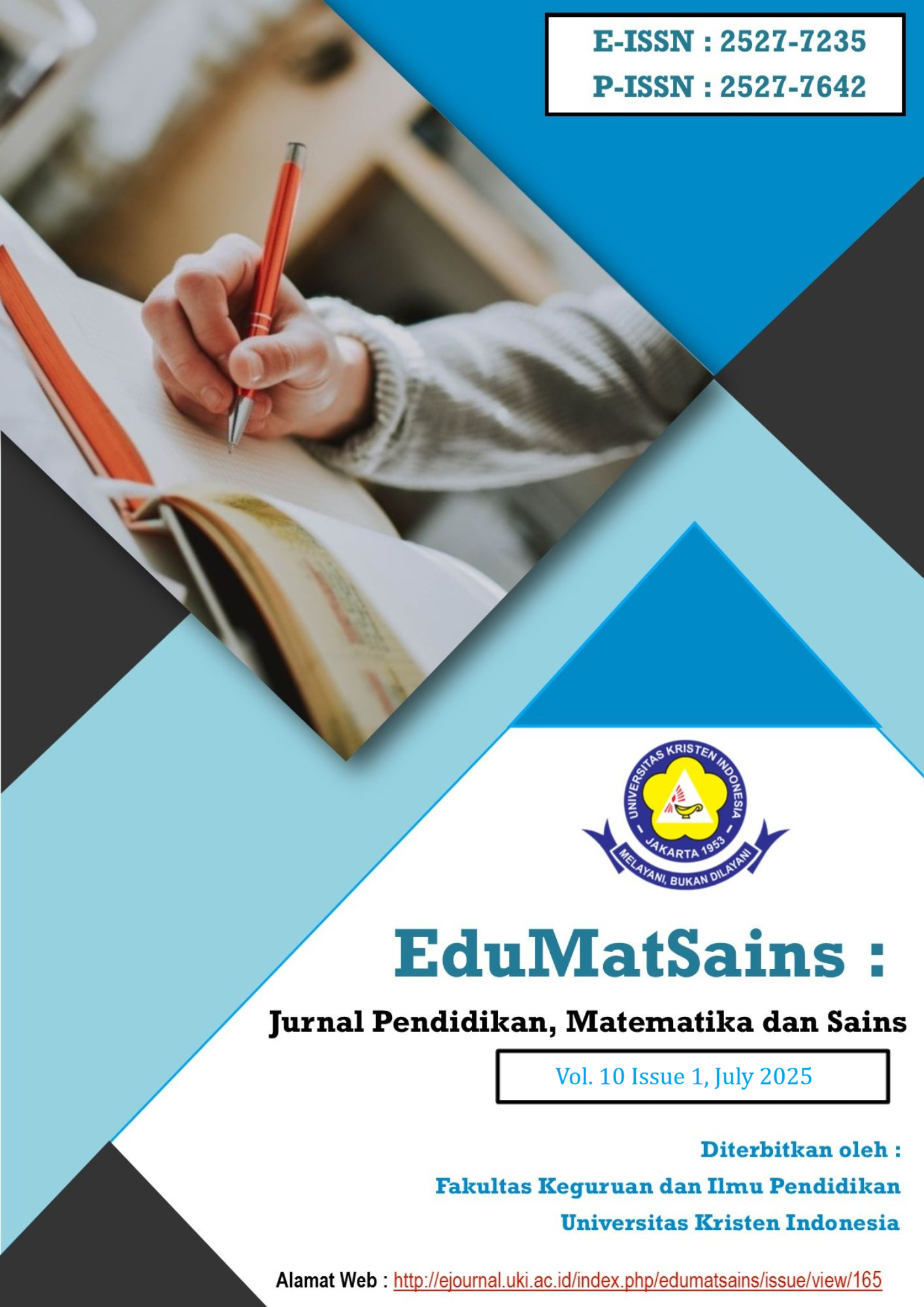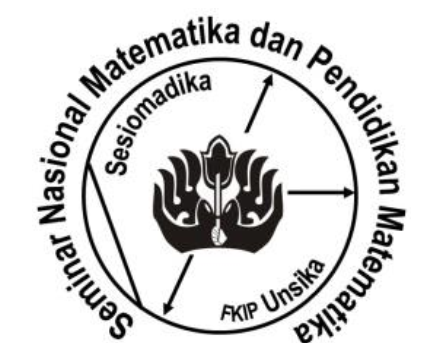Analogical Reasoning Errors of Students with Abstract Sequential Thinking Style in Solving Mathematical Analogy Problems
DOI:
https://doi.org/10.33541/edumatsains.v10i1.6986Keywords:
Analogy Reasoning, Abstract Sequential, Mathematical Analogy ProblemAbstract
Students’ ability to construct analogical thinking is an important skill in solving mathematical problems, as it allows them map knowledge from familiar mathematical concepts to new mathematical concepts. Unfortunately, many students make errors in constructing analogies, especially when faced with abstract and complex problems. Individuals with an abstract sequential thinking style, known for their ability to analyze ideas and describe logical sequences are interesting subjects for research on how they solve mathematical analogy problems and what types of analogical reasoning errors emerge during the process. Therefore, this study aims to identify and analyze analogical reasoning errors made by students with an abstract sequential thinking style when solving mathematical analogy problems. This descriptive qualitative research was analyzed using the Miles and Huberman model. The research subjects were Grade 10 senior high school students. Based on the thinking style questionnaire, 31 students with an abstract sequential thinking style were identified from 183 subjects, from which two students were selected as samples. Based on the analysis of the two research subjects, it was found that students with an abstract sequential thinking style experienced analogical reasoning errors at the Applying stage, in the form of errors in the use and construction of concepts. Both subjects also completed the inferring stage before returning to the encoding stage of the target problem.
Downloads
Published
How to Cite
Issue
Section
License
Copyright (c) 2025 Khair Muhammad Sa'duddien, Subanji, Muksar Makbul

This work is licensed under a Creative Commons Attribution 4.0 International License.





















_(1).png)
